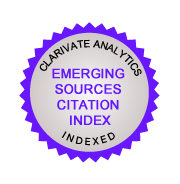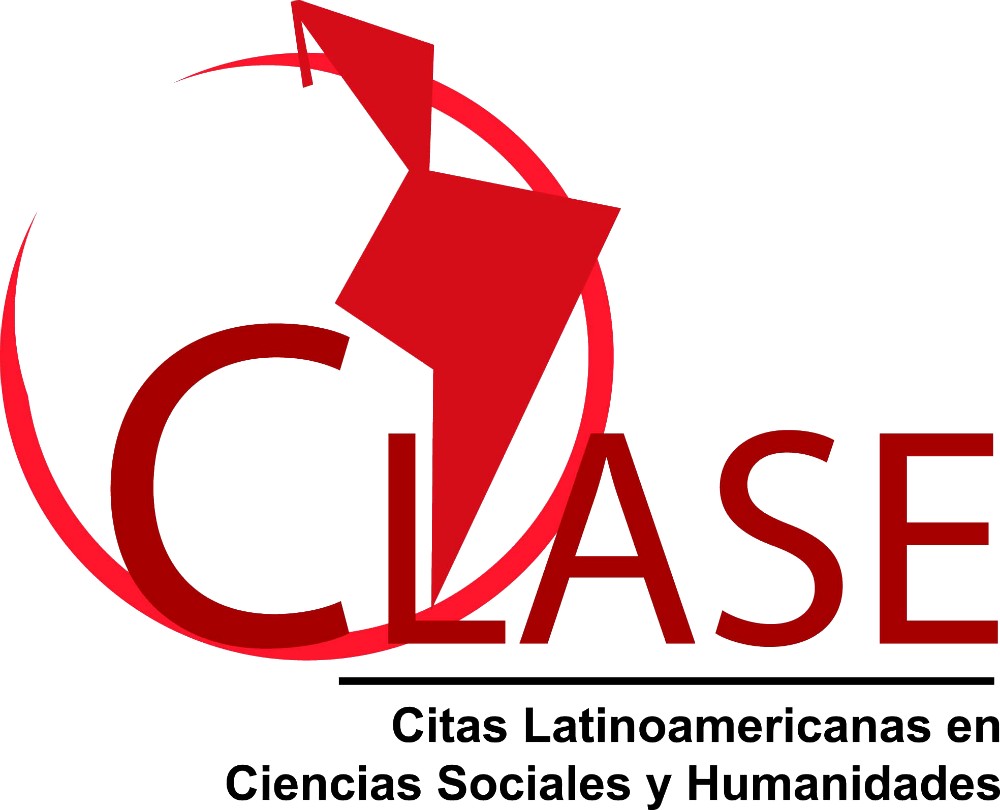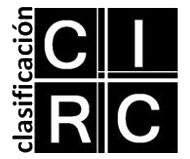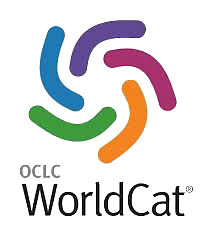Truth and justice in Olavarría: the case of Indio Solari's recital
DOI:
https://doi.org/10.24215/16696581e264Keywords:
Political anthropology, tragedy, truth and justice, discursive tissueAbstract
During a massive rock recital conducted by the Indian artist Solari in the city of Olavarría in March 2017, two people died. This event led numerous social actors to present the event as a tragedy, and to discuss on the public scene the responsibilities in this regard. In this context, the commission was formed, what happened in Olavarría? For the Truth and Justice (hereinafter CVJ), composed of neighbors of the city, university students and political militants. The CVJ presented as its main objective publicly denouncing the municipal, provincial and national government through a mobilization in the central square of the city. The intention of this article will be, from an ethnographic approach, to elucidate how the native truth and justice categories produced by the CVJ, operated as a legitimate discursive fabric for the accreditation in the public arena of the tragic character of the analyzed social situation. It will be shown how these vernacular notions appeared as social syntheses of a broader plot of meanings linked to the repertoire of human rights organizations and activists, and which were fundamental as a strategy for seeking political support from diverse social actors.
Downloads
References
Cefaï, D. (2012). ¿Qué es una arena pública? Algunas pautas para su análisis pragmático. Traducción ampliada de Nardicchione y Acevedo. En: Daniel Cefaï e Isaac Joseph, La herencia del pragmatismo. Conflictos de urbanidad y pruebas de civismo (pp. 51-81). La Tour d’Aigues, Editions de l’Aube.
Cefaï, D. (2014). Investigar los problemas públicos: con y más allá de Joseph Gusfield. En: Joseph Gusfield, La cultura de los problemas públicos, El mito del conductor alcoholizado versus la sociedad inocente (pp. 11-60). Cuidad Autónoma de Buenos Aires, Argentina: Siglo Veintiuno Editores.
Da Silva Catela, L. (2008). Derechos humanos y memoria. Historia y dilemas de una relación particular en Argentina. Juiz de Fora. 8 (1/2), 09-20.
Fonseca, C. y Cardarello, A. (2004). Derechos de los más y menos humanos. En: Sofia Tiscornia y María Victoria Pita (editores), Derechos humanos, tribunales y policías en Argentina y Brasil. Estudios de antropología jurídica (pp. 7-39). Ciudad Autónoma de Buenos Aires, Argentina: Colección de Antropología Social. Sección de Antropología Social.
Gluckman, M. (1958). Análisis de una situación social en el país zulú moderno. Manchester, Inglaterra: Manchester University Press.
Guizardi, M. L. (2012). Conflicto, equilibrio y cambio social en la obra de Max Gluckman. Papeles del CEIC, Vol. N.º 88 1-47.
Gusfield, J. (2014). La cultura de los problemas públicos. El mito del conductor alcoholizado versus la sociedad inocente. Cuidad Autónoma de Buenos Aires, Argentina: Siglo Veintiuno Editores.
Leach, E. (1976). Sistemas políticos de la Alta Birmania. Un estudio de la estructura social Kachin. Barcelona, España: Editorial Anagrama.
Pita, M. V. (2009). Las formas de la protesta. Violencia policial y familiares de gatillo fácil. En: Sofía Tiscornia, Roberto Kant de Lima y Lucía Eilbaum (organizadores), Burocracias Penales, administración institucional de conflictos y ciudadanía (pp. 83-118). Ciudad Autónoma de Buenos Aires, Argentina: Antropofagia.
Rockwell, E. (2009). La experiencia etnográfica. Historia y cultura en los procesos educativos. Ciudad Autónoma de Buenos Aires, Argentina: Paidós Editorial.
Zenobi, D. (2011). La politización del movimiento Cromañón entre los “modelos caseros” y los “modelos del observador”. Revista Avá, 21, 107-125.
Downloads
Published
How to Cite
Issue
Section
License
La aceptación de un original por parte de la revista implica la cesión no exclusiva de los derechos patrimoniales de los/as autores/as en favor del editor, quien permite la reutilización, luego de su edición (postprint), bajo una Licencia Creative Commons Atribución-NoComercial-CompartirIgual 4.0 Internacional (CC BY-NC-SA 4.0)
Acorde a estos términos, el material se puede compartir (copiar y redistribuir en cualquier medio o formato) y adaptar (remezclar, transformar y crear a partir del material otra obra), siempre que a) se cite la autoría y la fuente original de su publicación (revista y URL de la obra), b) no se use para fines comerciales y c) se mantengan los mismos términos de la licencia.
La cesión de derechos no exclusivos implica que luego de su edición (postprint) en Question las/os autoras/es pueden publicar su trabajo en cualquier idioma, medio y formato; en tales casos, se solicita que se consigne que el material fue publicado originalmente en esta revista.
Tal cesión supone, también, la autorización de los/as autores/as para que el trabajo sea cosechado por SEDICI, el repositorio institucional de la Universidad Nacional de La Plata, y sea difundido en las bases de datos que el equipo editorial considere adecuadas para incrementar la visibilidad de la publicación y de sus autores/as.
Asimismo, la revista incentiva a las/os autoras/es para que luego de su publicación en Question depositen sus producciones en otros repositorios institucionales y temáticos, bajo el principio de que ofrecer a la sociedad la producción científica y académica sin restricciones contribuye a un mayor intercambio del conocimiento global.















































